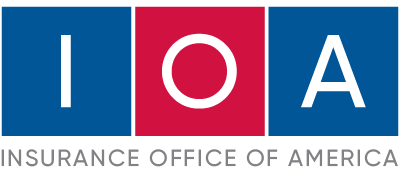Advancements in technology and more competitive markets have generated an unhealthy work environment for both employers and employees. Businesses are more likely to expect immediate responses to communications even when employees are out of the office. Likewise, employees often feel compelled to respond during their time off, including vacations and weekends.
Technology, such as smartphones, has put work in the palm of our hands 24/7. The OECD recently performed a study on work-life balance, which concluded that “long work hours may impair personal health, jeopardize safety, and increase stress.” Poor work-life balance may cause a greater impact on your life than you realize, including:
- Early Burnouts and Exhaustion - “What we find is that people who feel they have to respond to emails on their off hours become emotionally exhausted, partially because they can’t detach from work,” said Conroy, assistant professor of management at Colorado State University's College of Business.
- Increased Expectations – When you commit to working extra hours regularly, your boss and company may come to expect it and even suggest you take on additional responsibilities, which could further hinder your work-life balance and increase stress.
- Difficulty Concentrating – Stress and unhappiness can impair your ability to concentrate at work, decreasing your effectiveness. The University of Warwick's Happiness and Productivity Study found that happy people are 12% more productive.
- Poor Health – It is well-known that increases in stress can endanger your health. The Mayo Clinic even suggests that stress can increase your risk of substance abuse and have adverse effects on your immune system.
- Struggling Personal Relationships – A 2015 study conducted by WorkFront on work-life balance indicated that “two in five employees say that a bad work-life balance ruins the time that is spent with family and friends.”
Increases in insurance agency mergers and acquisitions have put more pressure on producers to reach goals and maintain clients, but these increased expectations typically don’t come with career advancements, ownership opportunities, or equity in the business at a traditional agency. Insurance producers are then left to endure the consequences of increased hours with little reward.
A better quality of life, ownership and advancement opportunities, higher commission rates, and the tools and resources needed to succeed as an insurance producer are a few benefits you may find from transitioning to an entrepreneurial or lifestyle agency model. Entrepreneurial models traditionally offer producers control over their day and that flexiblity leads to an improved work-life balance for their employees.
The “6 Questions Producers Should Ask to Ensure Their Company Fits Their Goals” eBook was written to help insurance producers determine if their current agency aligns with what they want for their future. Whether you have begun experiencing the effects of an unhealthy work-life balance or not, download our free eBook and evaluate what organizational style is the best fit for you.


